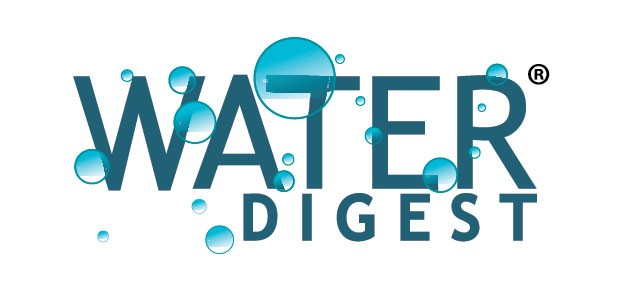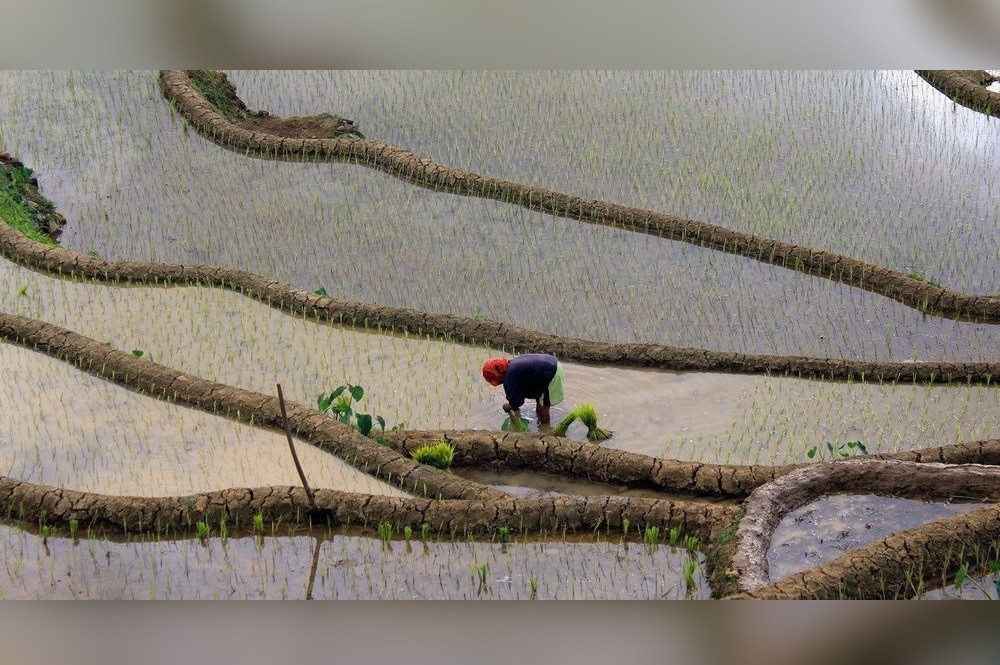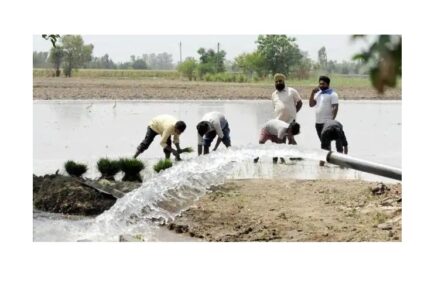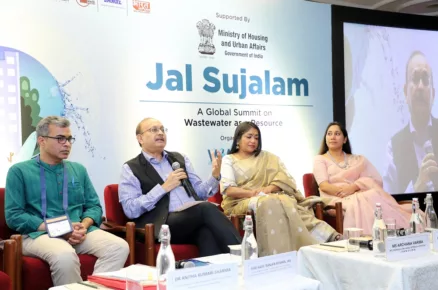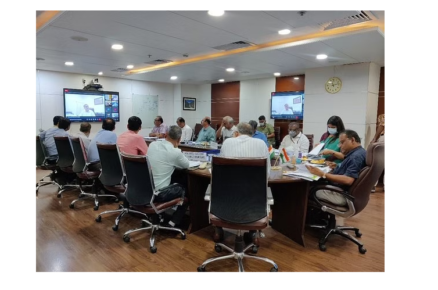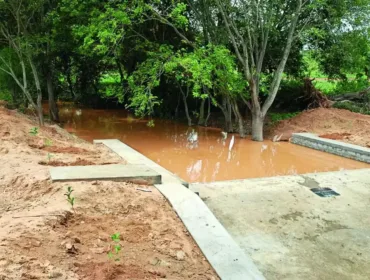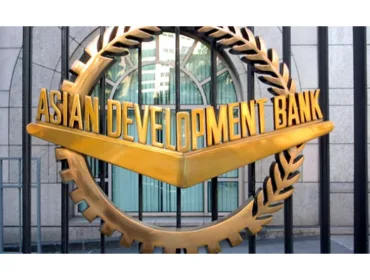Cultivating crops like rice, as pictured here in the Philippines, requires a large amount of fresh water and has an environmental impact (© FAO/Lena Gubler)
The commitments are in line with the Water Action Agenda and the push to see all countries achieve the Sustainable Development Goals (SDGs) by 2030.
WD News: A worldwide network of water analysis laboratories and a tool to foster collective national level action to improve coordination on water management, are among the commitments recently announced by the UN Food and Agriculture Organisation (FAO).
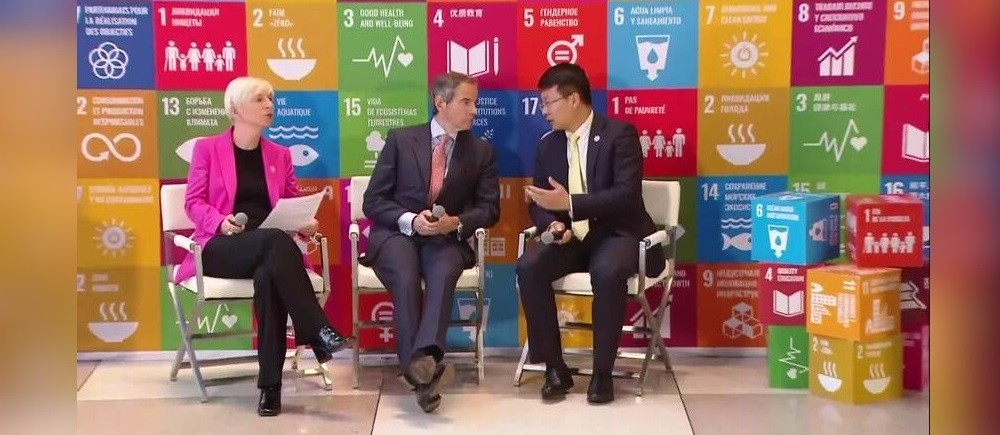
Lifeng Li, Director, Land and Water Division at FAO, said that water accounts for 70 percent of global freshwater withdrawals, so rather than being a deal-breaker, agriculture could be a dealmaker in dealing with the crisis.
“It is doable,” he said, because there are many solutions to improve efficiency and reduce the amount of water used for agriculture. Indeed, in many larger countries, like China and the United States, the use of more sustainable water and land management practices has seen crop yields increase even as overall water used for agriculture had begun to decline.
“Irrigated agriculture is at least three times more productive”, he continued, stressing that the aim should be to improve efficiency, particularly as we would need to produce about 50 percent more agricultural products for our planet’s growing population by 2050. “We have seen this efficiency lead increased production of ‘thirsty crops’ like rice, sugar cane and cotton.”
“We strongly believe that agriculture can contribute to a more water and food secure world in the future – if we first look at efficiency – and second, the agriculture sector should look at how to re-use and recycle water. For instance, many countries and especially in their urban areas, are making strides to re-use their wastewater, after it has been treated, for agriculture.
He also announced a “Global Dialogue on Water Tenure” within the framework of water governance, and to engage with Member States, as well as partners from civil society, academia, the private sector, and sister UN agencies, to define principles on the Responsible Governance of Water Tenure.
Source & image courtesy: UN
